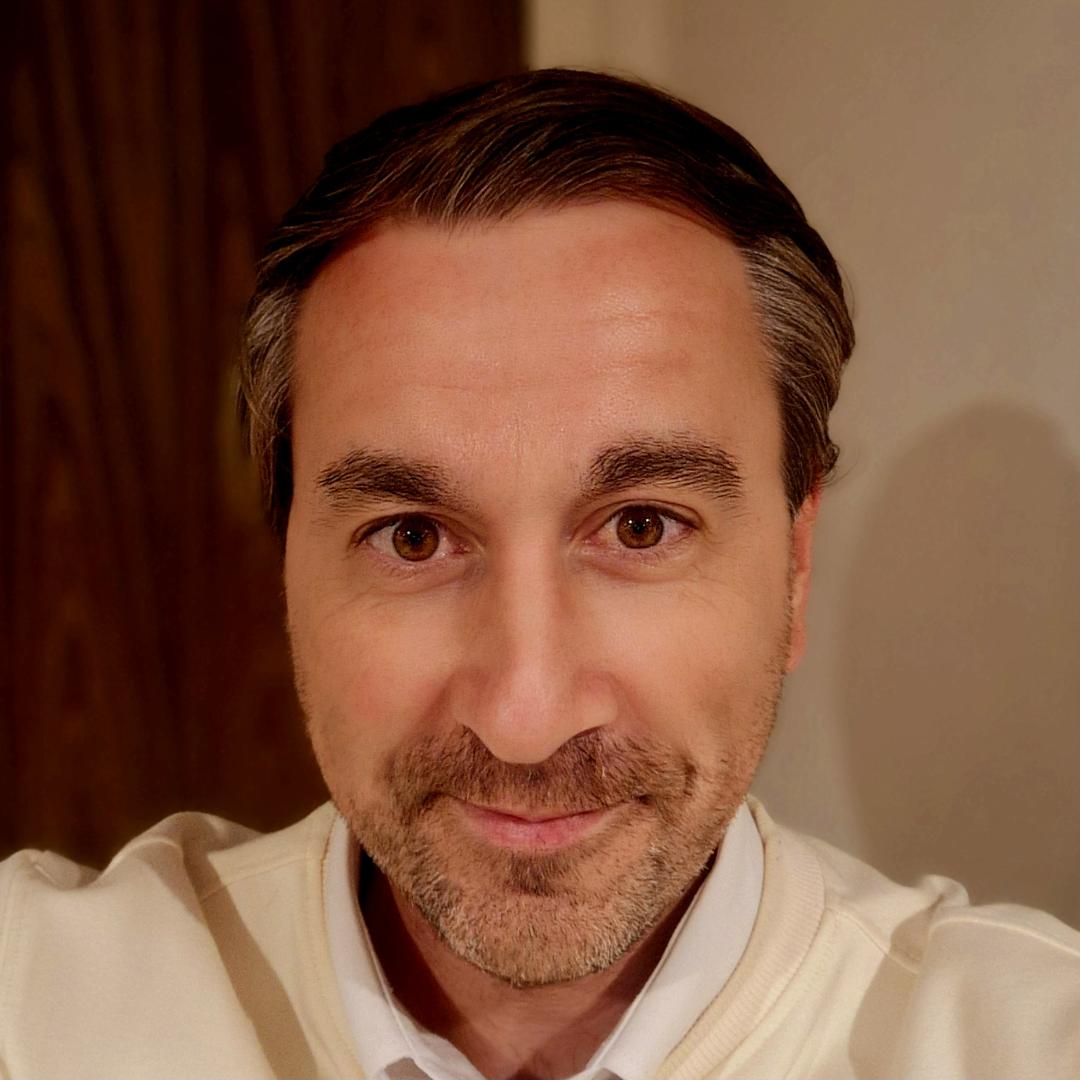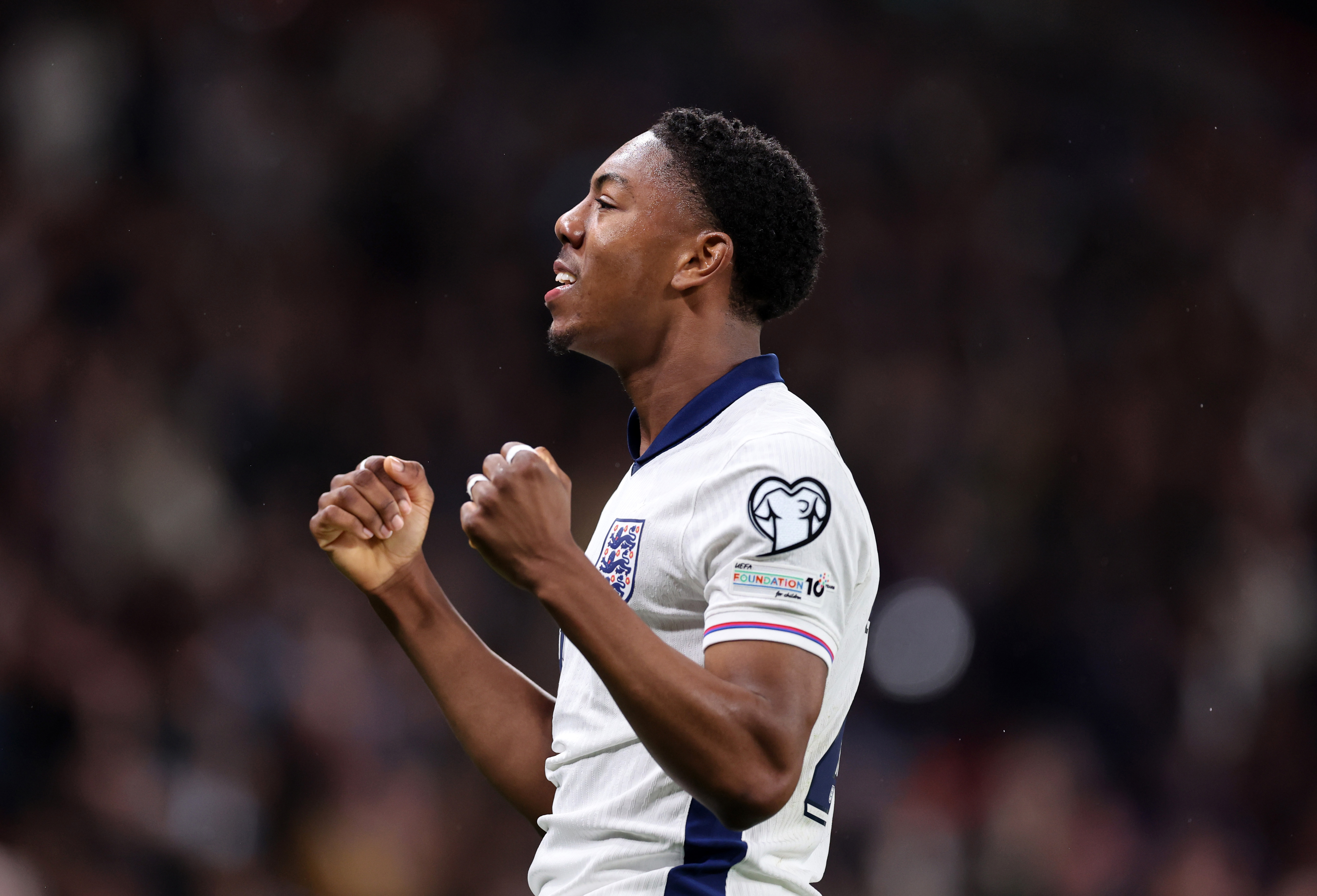Why France might actually be in deep trouble ahead of Euro 2016
They might have a star-studded attack, writes James Eastham, but a defensive migraine is the big issue that’s impossible to ignore...
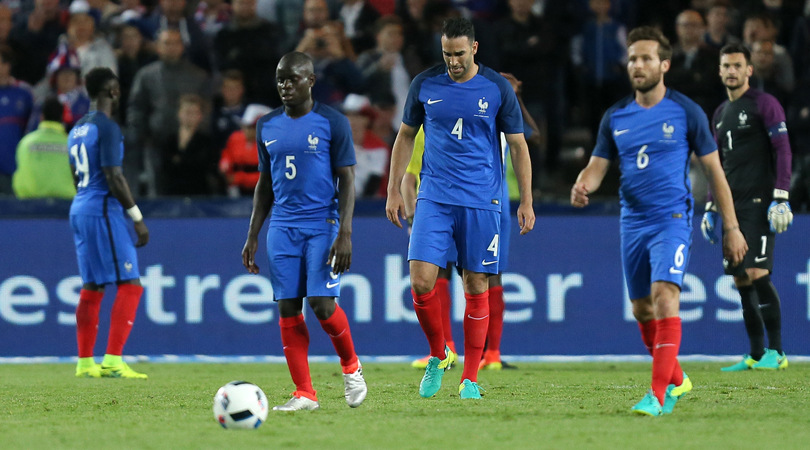
If the theory that you need a solid defence to win a tournament is true, France are in trouble.
Amid growing excitement over the potentially thrilling forward line that les Bleus will parade at Euro 2016, the major defensive problems that threaten to derail the team’s chances of winning the tournament on home soil are being underplayed.
The major defensive problems that threaten to derail the team’s chances of winning the tournament on home soil are being underplayed
Manager Didier Deschamps has had to deal with an incredible catalogue of setbacks that have left the team’s defence under-strength and seriously vulnerable; Raphael Varane, Mamadou Sakho, Kurt Zouma and Jeremy Mathieu have all been ruled out.
Simply, Deschamps might not have enough time to install a reliable unit ahead of les Bleus’ opener against Romania on June 10.
Raph ride
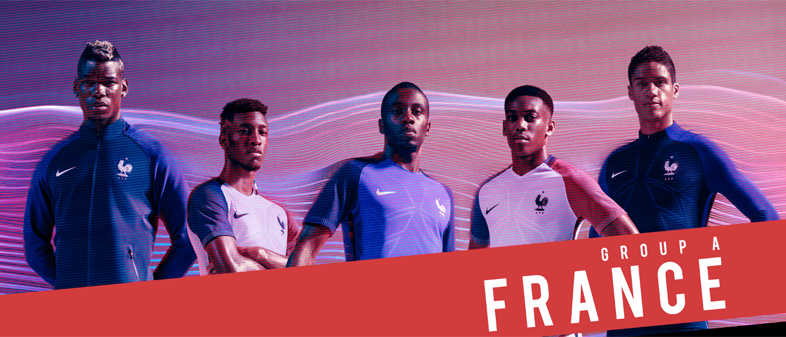
Get clued up on France with FFT's Euro 2016 guide
Off all the blows France have had to deal with in recent weeks, the loss of Varane is by far the biggest. The Real Madrid defender was supposed to be the team’s main centre-back but the thigh injury he suffered in training a fortnight ago has ruled him out of the finals.
Varane may be a substitute at Real Madrid but was going to be France’s most important outfield player. He had started 20 matches in a row for France before the blow, and appeared in all of his team’s games at the World Cup two years ago. Deschamps had built the back four around the 23-year-old ex-Lens defender, and the player’s absence has undone two years of preparation.
Get FourFourTwo Newsletter
The best features, fun and footballing quizzes, straight to your inbox every week.
The second centre-back spot was set to be a straight fight between Laurent Koscielny and Mamadou Sakho – but Sakho was left out of the squad following the provisional drugs ban he was hit with in late April.
Fans who’ve watched Sakho wobble through Liverpool games may wonder why his absence is such a big deal, but that would underestimate his talismanic value to his country.
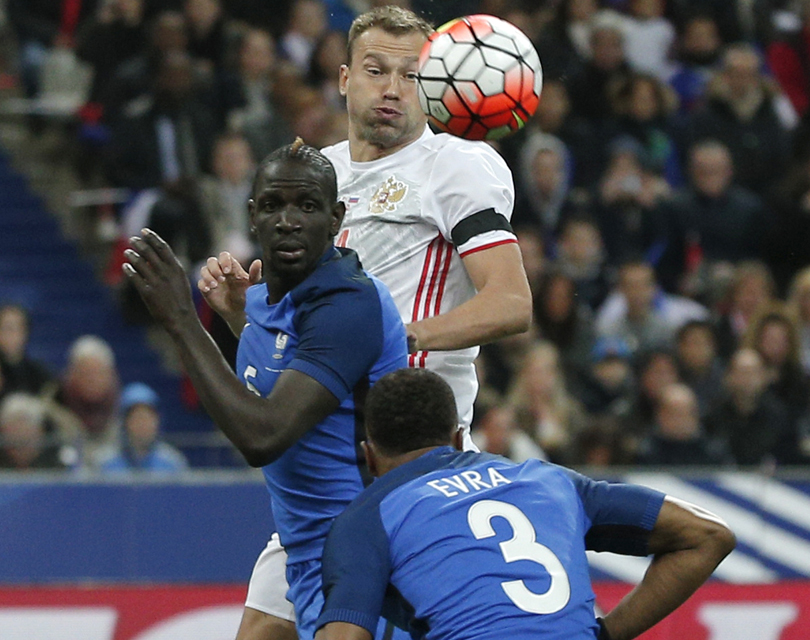
He essentially kick-started this international generation’s rise to prominence thanks to his magnificent performance in France’s World Cup play-off win against Ukraine in November 2013. They lost the first leg 2-0 in Kiev before Sakho emerged as the star man in the return leg, scoring twice as France won 3-0 to claim a remarkable aggregate victory.
“An average defender and extraordinary warrior,” is how L’Equipe lead football writer Vincent Duluc recently described the Liverpool stopper. That sums up his inspirational qualities.
Looking to Laurent
With both Varane and Sakho missing, Koscielny will now be France’s most important centre-back at the finals. Six weeks ago he wasn’t even sure of a place in the starting XI; now Deschamps has to build the back four around him.
The Arsenal player may do well in the Premier League but he has rarely impressed for the national team. He gave away a penalty and was sent off in that 2-0 Ukraine defeat, and started only one of France’s five matches at the World Cup in Brazil. Since host nation France have spent the last two years playing friendlies, Koscielny is short of competitive experience for Deschamps’ side.
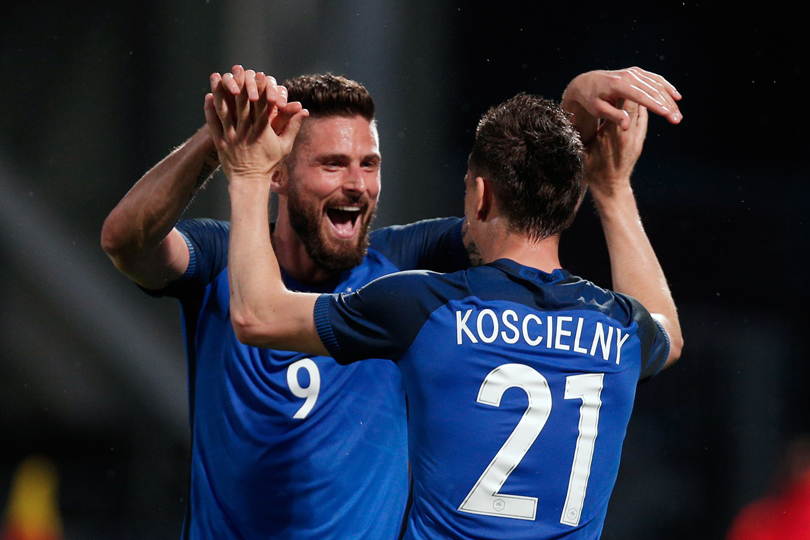
But France’s defensive problems run even deeper. With Varane and Sakho missing, Kurt Zouma would almost certainly have partnered Koscielny, but he has been sidelined by a knee injury since February. Barcelona’s Jeremy Mathieu was called into the squad to replace Sakho but then pulled out with injury himself.
Questions and answers
Deschamps’ decision-making was questioned again last week when it emerged that Sakho could have been chosen after all
There have been so many changes it’s been difficult to keep track of them all. For that Deschamps deserves sympathy – but his judgement has also been called into question.
When Varane pulled out, for example, Sevilla’s Adil Rami was called up. This was baffling, though, because Rami wasn’t even on the eight-man standby list, whereas Lyon centre-back Samuel Umtiti was.
Deschamps picked Rami wanted a right-sided defender in the squad – but that raised the question of why Umtiti had been named on the standby list in the first place, while underlining that too many left-sided centre-backs (Koscielny, Eliaquim Mangala, Mathieu, Umtiti) had been favoured for too long. Umtiti did, in the end, get called up anyway.
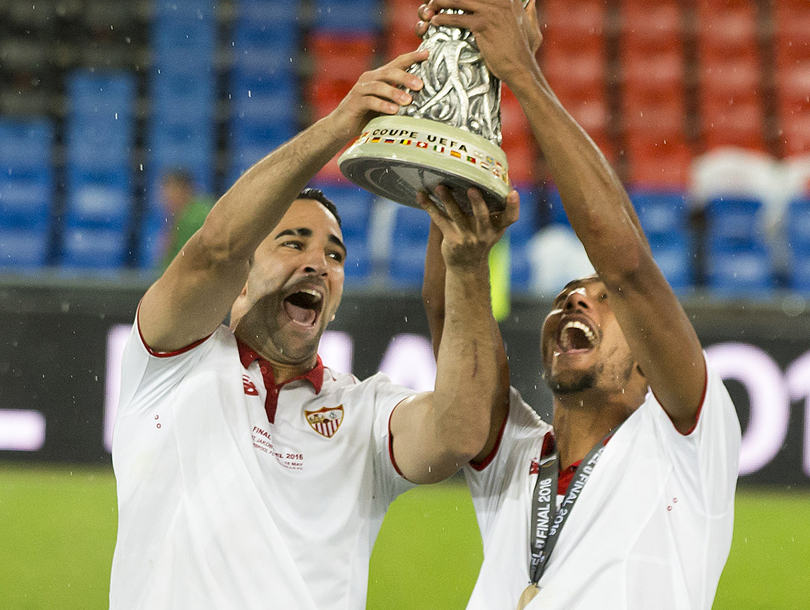
Deschamps’ decision-making was questioned again when it emerged that Sakho could have been chosen after all. UEFA announced that, rather than extending the player’s drugs ban, they would instead look into whether the substance Sakho took should be on WADA’s banned list.
Suddenly Sakho was back in the frame for inclusion – yet Deschamps said it was too late to change his plans.
“I never considered naming Sakho [this late],” said Deschamps. “If I had done it would have been totally disrespectful to the players that I had already picked.”
Laurent Koscielny (Arsenal)
Eliaquim Mangala (Man City)
Adil Rami (Sevilla)
Samuel Umtiti (Lyon)
Fair point – but you can also argue Deschamps was too hasty in overlooking Sakho when naming his initial squad, given that he wasn’t 100% sure the Liverpool defender would be suspended.
In short, the back four is a mess. Some of the problems are down to bad luck, others self-inflicted. The result is a flawed backline.
That was obvious to anybody who watched France’s 3-2 friendly win over Cameroon last Monday. Rami – eighth-choice centre-back – started alongside Koscielny but was individually poor and showed no signs of having an understanding with the Arsenal man. Somebody else is likely to be given a go against Scotland.
Exacerbating the issue
You have to go back a long way to find a team with defensive problems on this scale winning a major tournament
Even when everybody was fit, France had defensive problems. They conceded twice in their friendlies against Holland (3-2) and Russia (4-2) in March, with their back four already a weak point. The full-back positions are a problem area all of their own: everybody knows Bacary Sagna and Patrice Evra are still automatic starters only because nobody has emerged to challenge them properly.
You have to go back a long way to find a team with defensive problems on this scale winning a major tournament. In 1994, Brazil’s top three centre-backs Ricardo Gomes, Ricardo Rocha and Carlos Mozer missed either the entire tournament or the bulk of it through injury. Yet such was Brazil’s depth at the time that Aldair and Marcio Santos came into the team and were the tournament’s best centre-back partnership, as Brazil kept five clean sheets in seven matches en route to victory.
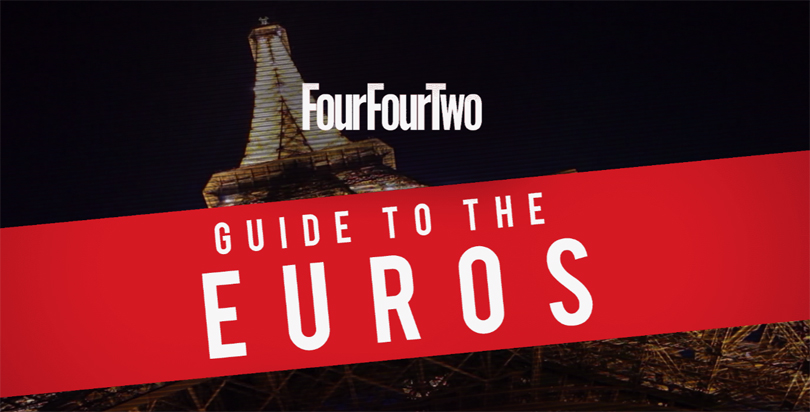
All 24 teams profiled, plus must-read features
Italy won the World Cup in 2006 even though Alessandro Nesta missed the knockout phase; Marco Materazzi and Andrea Barzagli deputised well, although having Fabio Cannavaro in the form of his life was the main factor.
If France lift the Henri Delaunay trophy in Paris on July 10, they would eclipse Brazil 1994 and Italy 2006. Antoine Griezmann, Dimitri Payet et al will be exciting to watch – but it’s the hosts’ problems at the other end of the pitch that will go a long way towards dictating their fate in front of their own fans this summer.
James Eastham is a specialist writer covering French football. He has written for The Guardian, The Independent and When Saturday Comes magazine. He’s interviewed many leading figures in the French game, including Didier Deschamps and Kylian Mbappe. For a decade he also worked as a freelance football scout, covering games at all levels from U16 to the senior national team across France
